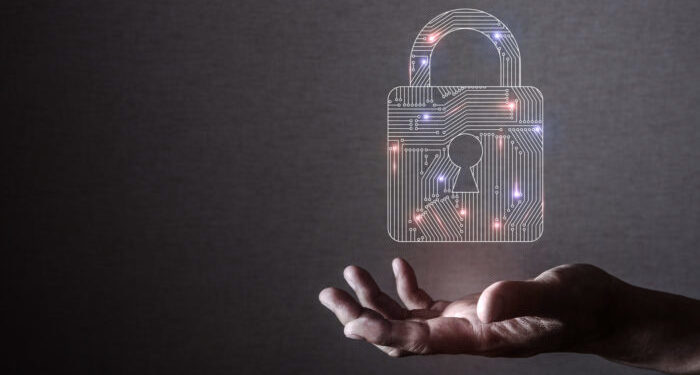Mitsubishi Heavy Industries, Ltd. (MHI) signed a Cooperation Agreement to take part in the Charter of Trust on Cybersecurity. This agreement comes after the signing of the LOI on February 19. This makes MHI the first Asian member company as the 17th partner in the Global Cyber Security Initiative.
The Charter of Trust was announced at the Munich Security Conference in 2018. Launched by Siemens, it calls for binding rules and standards to create trust in cyber-security and boost digitalization.
[smlsubform prepend=”GET THE SAFETY4SEA IN YOUR INBOX!” showname=false emailtxt=”” emailholder=”Enter your email address” showsubmit=true submittxt=”Submit” jsthanks=false thankyou=”Thank you for subscribing to our mailing list”]
In addition to Siemens and the Munich Security Conference, AES, Airbus, Allianz, Atos, Cisco, Daimler, Dell Technologies, Deutsche Telekom, Enel, IBM, NXP, SGS, Total and TÜV Süd signed the Charter as well.
On February 15, 2019, the BSI German Federal Office for Information Security, the CCN National Cryptologic Center of Spain and the Graz University of Technology in Austria also joined in as associate members.
Moreover, Charter of Trust member companies have established baseline requirements to make digital supply chains more secure. The partners recently announced their intention to implement these requirements in their own supply chains.
We are honored to be invited by Siemens and the other signatories to join the Charter of Trust for Cybersecurity. Our participation in the Charter of Trust is part of our commitment to our global customers and partners, and we hope that this occasion will help to promote the 10 key principles advocated by the Charter of Trust, and that the Charter of Trust initiative will contribute to greater globalization
Eisaku Ito, CoCTO of MHI, stated.
According to the Center for Strategic and International Studies, threats to cyber-security in 2018 led to 500 billion euros in losses worldwide.
What is more, threats to cyber-security are on the rise as the world experiences more digitalization. In fact, according to Gartner, 8.4 billion networked devices were used in 2017, which are 31% more than in 2016. This number is expected to reach 20.4 billion by 2020.




























































